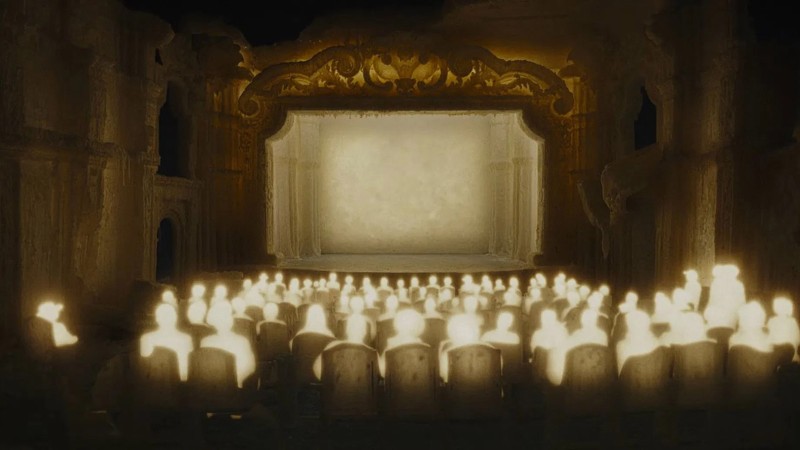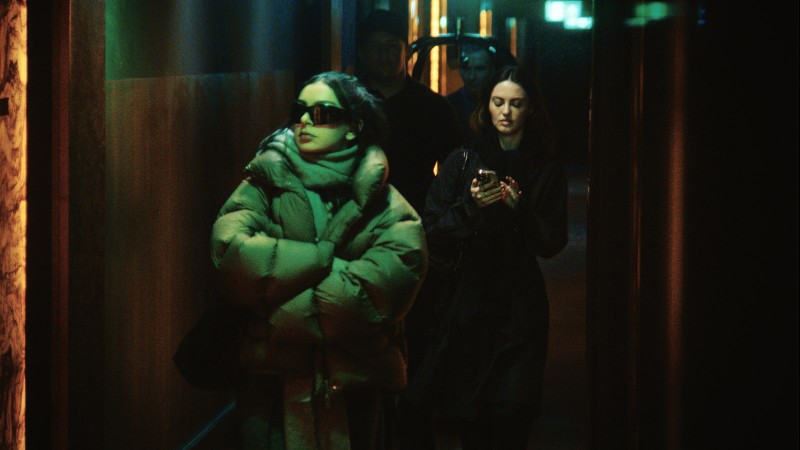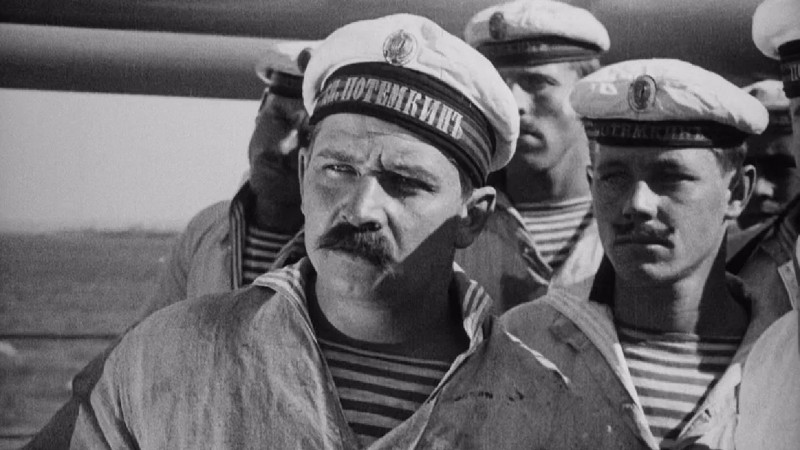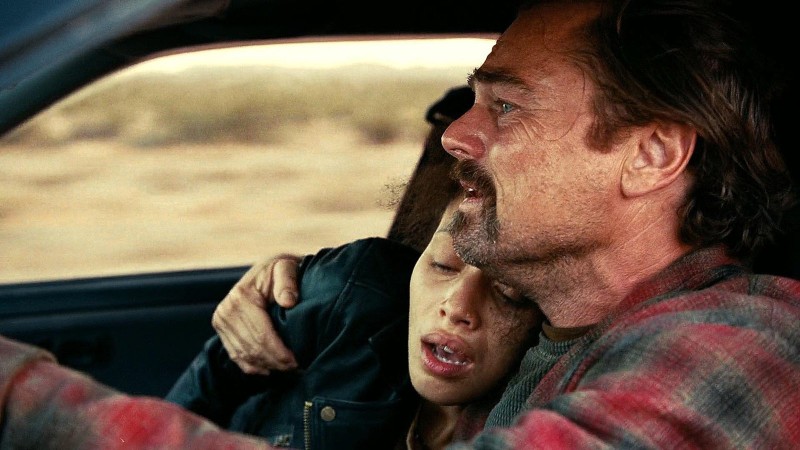Five Singular Filmmakers

In the wake of the sudden and shocking loss of Shelley Duvall, let’s remember that we also lost Jerzy Stuhr this week. Beloved in Poland as the star of Juliusz Machulski’s hit comedy Sexmission (1984), Stuhr was best known internationally for his work with Agnieszka Holland, Andrzej Wajda, Krzysztof Zanussi, and especially Krzysztof Kieślowski. He was a builder’s assistant in The Scar (1976), a factory worker who becomes obsessed with capturing the world around him on film in Camera Buff (1979), and a hairdresser in Three Colors: White (1994).
- Premiering the trailer for the Metrograph series Long Live Scala Cinema! yesterday, we noted that Nick Pinkerton will introduce the July 20 screening of Walerian Borowczyk’s La marge (1976). Sylvia Kristel and Joe Dallesandro star in a tale of “emotional destitution and erotic desperation against the backdrop of a cold, mercenary urban landscape,” and the drama “could no more be conveyed without sex scenes than a film about the sinking of the Titanic could do without a very big boat,” writes Pinkerton in Metrograph Journal. The late 1960s ushered in “a golden age of pornography, soft- and hardcore, that made stars of splendid specimens like Kristel and Dallesandro and produced landmark works like [Borowczyk’s] Contes immoraux [1973] and Nagisa Oshima’s In the Realm of the Senses (1976). From the perspective of the present, this seems as remote as the Jacobean theater.”
- In 1959, Borowczyk codirected an animated short film with Chris Marker, Les astronautes. “On top of his work as a literary columnist, publisher, novelist, graphic designer, activist, photographer, and filmmaker, Marker was a perpetual inventor, most notably of the essay film,” writes Kaitlyn A. Kramer in the Notebook. “Marker’s cinema is one of convergence, where spoken narration at once complicates and illuminates the images it carries forward. This new form suited Marker for, as the poet Susan Howe wrote in Sorting Facts, or Nineteen Ways of Looking at Marker, ‘so many hyphens and parentheses surround him.’ At these in-between junctions where words conspire to uncover new meaning, his multidimensional work takes form.”
- This year’s Il Cinema Ritrovato wrapped in Bologna a couple of weeks ago, and programmer Ehsan Khoshbakht has posted his annual poll collecting attendees’ favorites and discoveries. Full reports come from Forrest Cardamenis at the Film Stage, Philip Concannon of the Badlands Collective, and for Film Comment, Jessica Kiang, who finds that “the rediscovery crown this year was snaffled by the revelatory section dedicated to overlooked Japanese director Kozaburo Yoshimura, regarded in his time as the natural successor to Kenji Mizoguchi.” Yoshimura’s Sisters of Nishijin (1952) is “an Ozu-level-devastating ode to family and disappearing artisanal craft. Yoshimura’s movies are as poetic and precise as haikus, and yet utterly eviscerating for anyone who shares my particular kink for tales of decent people ceaselessly apologizing to each other for circumstances for which they are not to blame.”
- Just before Decoding John Ford, the current—and highly engaging—season of the TCM podcast The Plot Thickens, wraps with its seventh and final episode next week, Z. W. Lewis talks with host Ben Mankiewicz at the Film Stage about the paradoxes of the character of one of the greatest directors of Hollywood’s golden era. “There’s an irony there,” says Mankiewicz, “that this guy who craved the community and then sort of disrupted the community with his hostility and his language then, nonetheless, reaped the benefits of that community he craved at the very end by having this—particularly this one specific—really, really interesting guy himself, Woody Strode, come out to the desert to be with him as he dies. That’s a very complicated and interesting man. Because, you know, Woody Strode’s no fool.”
- The ongoing Melbourne Cinémathèque series The Pain of Living: Jean Eustache, Being Cinema will wrap on July 24 with Numéro zéro (1971). “Eustache himself spoke about it as a major leap forward in his understanding of film; as indicated by the title, it is a self-conscious return to zero, a return to a new mode of making films,” write Corey Cribb and Campbell Walker in a new program note for Senses of Cinema. Occasionally prompted by Eustache’s questions, Odette Robert, the filmmaker’s grandmother, chain-smoking and sipping whiskey, discusses “the many financial hardships, infidelities, illnesses, and deaths that her and her family endured over the years in the outskirts of Bordeaux.” And “there’s a lot of pleasure in Numéro zéro’s aggregation of details, gestures, and postures: few films feel as alive.”



